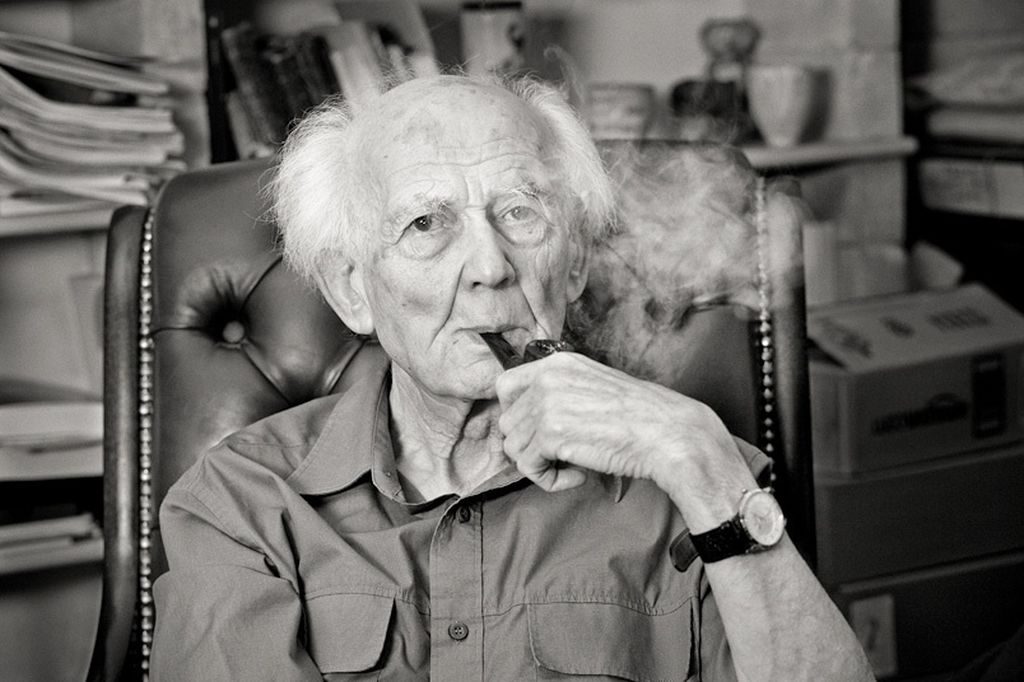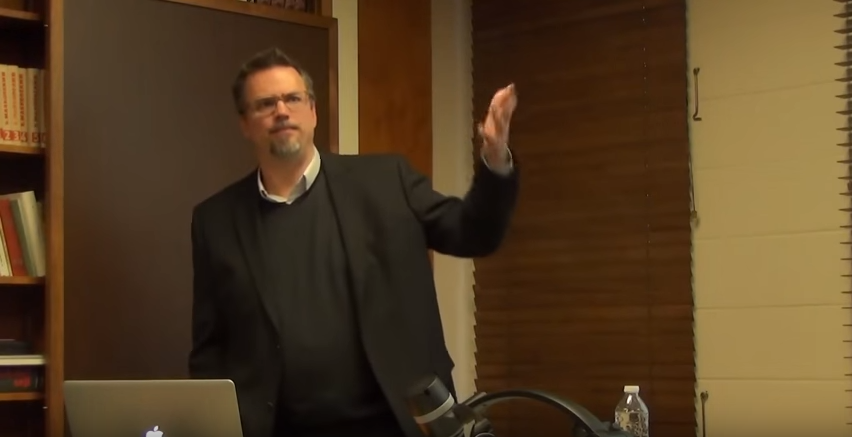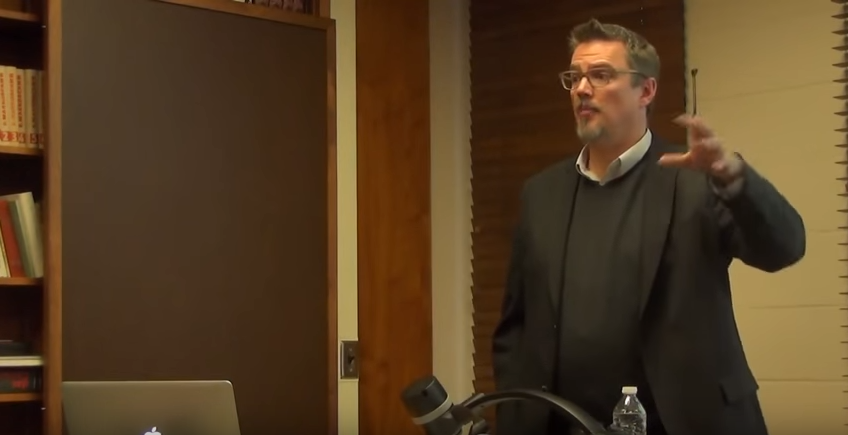Natan Sznaider, Academic College of Tel-Aviv-Yaffo
This is the second half of Natan Sznaider’s critique of Bauman’s Modernity and the Holocaust. You can find the first half here.
Multiple Modernities and the Memory of the Holocaust
We do need to talk about modernity (the concept as such makes sociologically no sense), but about multiple modernities and multiple Enlightenments. One of the clues is Arendt’s book “On Revolution” where she compares and contrasts the French and the Anglo-Saxon traditions of Enlightenment
When we look at the Scottish Enlightenment, for instance, it is grounded on the sentiments or a moral or common sense as a kind of intuitive judgment. Capacity to distinguish between right and wrong, good and evil, exercising power of judgment, anchored in religion and balancing between morality and utility in the basis of a liberty seen as granted to all. Look at Adam Smith’s exploration of virtues like compassion and benevolence. Arendt was working in this tradition when she in her “On Revolution” takes side with the legacy of the American Revolution and the Scottish Enlightenment against its French contender. Thus, in the French tradition (and we are talking caricatures) there is a strong opposition between reason and religion, while the Scots tried to reconcile reason and faith. I think these distinctions are important even though they do not play much or a role in Bauman’s text.



 This is the second half of a two part interview with Dr. Adam Muller from the University of Manitoba. CHGS interviewed Dr. Muller after his
This is the second half of a two part interview with Dr. Adam Muller from the University of Manitoba. CHGS interviewed Dr. Muller after his  In November, the Center for Holocaust and Genocide Studies welcomed Dr. Adam Muller from the University of Manitoba to discuss his upcoming project, which creates a virtual First Nations residential school. Dr. Muller is part of the
In November, the Center for Holocaust and Genocide Studies welcomed Dr. Adam Muller from the University of Manitoba to discuss his upcoming project, which creates a virtual First Nations residential school. Dr. Muller is part of the  Professor Philip Spencer is Director of the Helen Bamber Centre for the Study of Rights, Conflict and Mass Violence, at Kingston University. The Centre, which he founded in 2004, provides a focus for research and teaching in these areas. His own research interests include the Holocaust, comparative genocide, nationalism, and antisemitism. He is also Director of the University’s European Research Department.
Professor Philip Spencer is Director of the Helen Bamber Centre for the Study of Rights, Conflict and Mass Violence, at Kingston University. The Centre, which he founded in 2004, provides a focus for research and teaching in these areas. His own research interests include the Holocaust, comparative genocide, nationalism, and antisemitism. He is also Director of the University’s European Research Department.